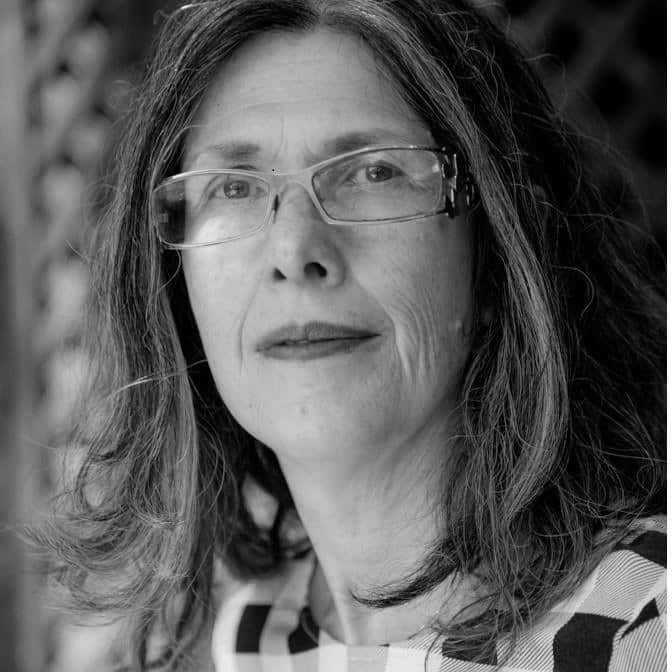I’m on my way to Germany with a group of seminarians and medical students sponsored by FASPE, Fellowships at Auschwitz for the Study of Professional Ethics. I can only shiver with yira, with awe, at my extraordinary fortune to be alive as a Jewish woman in this time and place; to travel freely, alone or with companions, to study Torah openly in order to teach, and to be so habituated to comfort that it’s a daily effort not to take my full belly for granted or my own space with a lock to which I hold the key or the hot clean water that comes from the tap (all of which added together makes me more lucky than at least half of the world’s people on any given day, let alone the Jews whose history I’m here to study).
Today, we heard from clergypersons who serve as chaplains and from a survivor of the Shoah. All of them taught, in their way, the worth of bearing witness, of being present and attentive with people whose particular pain reminds us of our own vulnerability and of the places where we’re fissured inside.
Rabbi Michal Springer, the Director of the Center for Pastoral Care at the Jewish Theological Seminary and a hospital chaplain, taught that spiritual caregivers are most effective when we are willing to live with our own broken pieces, when we don’t project our own fantasy of wholeness onto the people for whom we are obliged to care. The Rabbi shared that her own father had died 2 weeks earlier—one week out of shiva and she was healing through teaching us, enacting her own lesson about bringing one’s own brokenness and vulnerability to encounters with the other. In the context of the Shoah, the Rabbi talked about how dangerous it is when the face to face encounter is refused—when, for instance, one’s Jewish neighbors are made to disappear and it seems easier to pretend they were never there than to consider their pain.
Imam Khalid Latif, Executive Director of New York University’s Islamic Center and Chaplain for the NYPD, taught another version of that lesson. He reminded us that we are here to study the ultimate consequences of dehumanization, of the refusal to see people as other than “categories”. Imam Latif was a student at NYU when the Two Towers were hit. With his classmates, he stood in Washington Square, stunned at the news that the second tower had fallen. At that moment, they were united in shock and grief. In the following days, however, the Muslim student found themselves increasingly isolated. In between attending funerals for friends, Muslim and otherwise, who had died in the World Trade Center, Imam Latif found himself checking in with other Muslim students about who had been harassed, who singled out for scrutiny. About whether it was safe to be bearded or wear head coverings in public. About learning, even after he had begun interfaith work and consulting with the US State Department, that he could not—as today I can—get on a plane without being singled out for public, humiliating searches and long detentions.
Rather than retreating into rage, the Imam continues his bridge-building work. He counts NYU’s Rabbi Yehuda Sarna as a close friend. He remembers attending a 9/11 commemoration in his police uniform and being the only cop to be asked for his credentials by the Secret Service. But that last incident ended with a 9/11 widow sticking up for Imam Latif, because she considered his treatment to be a dishonor to her husband’s memory. He chooses to let that woman symbolize the day and its meaning for him.
Bronia Brandman is a survivor of the Shoah who spent decades unable to describe what happened to her. She spent five excruciating years of her girlhood in which she saw her uncle burned alive, she smuggled food and contraband under eyes of ghetto guards and she lived with the murder of both her parents and four of her five siblings. An impulsive decision to run after her idolized older sister (as she always had) led Bronia to sprint after a group of women selected by Dr. Mengele to live. As soon as she reached her sister’s side, Bronia realized what she had done. Her two littlest sisters would die without her. Bronia’s transport was not like that of Jews from far away. Those Jews were reassured, or allowed themselves to believe that they were, by Nazi assurances of hot soup and productive work as soon as they submitted to a brief shower. Bronia’s transport was packed with Jews who lived close enough to Auschwitz to see and to smell the truth. They had to be beaten and forced to strip and walk through those doors.
It was her hectic urge to keep busy, to stave off reflection, which led her to volunteer at the Museum of Jewish Heritage. There, she found the space and the courage to bear witness. Bronia has built a life in this country, as a mother and as a teacher. She gives those of us who are lucky enough to meet her a chance to reflect more deliberately on the hope, horror and responsibility of being human.
One more lesson from Rabbi Springer with regard to genocide: the need to address “both individual and systemic issues”, to bring our capacity for judgment out of abeyance when it comes to injustice; to “balance compassion and outrage” as witnesses and as citizens.























 More news and opinions than at a Shabbat dinner, right in your inbox.
More news and opinions than at a Shabbat dinner, right in your inbox.